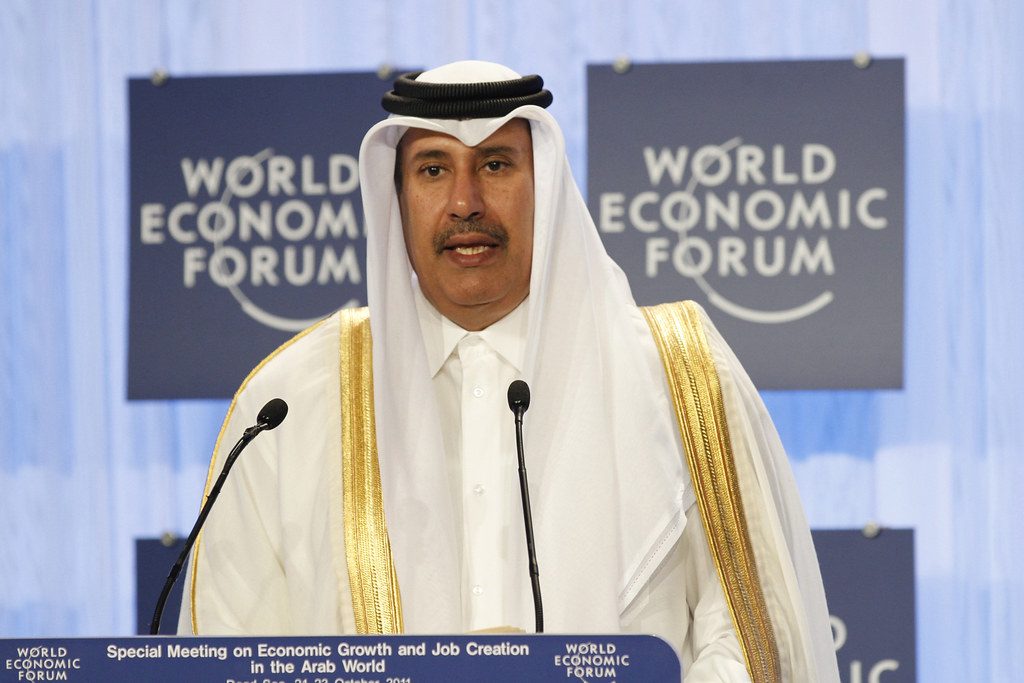The Pegasus scandal broke out last week following an Amnesty International investigation that identified hundreds who were selected for potential targeting using the spyware tool.
Qatar’s former prime minister, Hamad bin Jassim Al Thani, known commonly as HBJ, took to Twitter to comment on the latest NSO cyber scandal, saying it “raises many questions”.
ما تتناقله الأخبار ويتحدث عنه المسؤولون في دول عديدة عن أنظمة تجسس انتشرت في منطقتنا خاصة، وفي مناطق أخرى أمر يثير تساؤلات كثيرة.
— حمد بن جاسم بن جبر (@hamadjjalthani) July 27, 2021
“I’ve known for years that my phone is being monitored by those who are snooping, but I did not care in light of the sad situation the region is in,” he said, noting he only wishes for “reform”.
The comments came after Amnesty International revealed last week that some 180 journalists across 20 countries were selected for potential targeting between 2016 and June 2021 using the Pegasus spyware tool, including many across the Arab world.
Among them were Emirati activist Alaa Al-Siddiq, who passed away last month in a tragic accident while exiled in London, as well as renowned Qatari businessman and beIN chief Nasser Al Khelaifi.
“We know that the citizen in our region, when he falls victim to spying devices and those who operate them, whether from inside or outside the country, cannot complain and protect his rights in the absence of legal responsibility and an impartial judiciary,” said HBJ.
How Arab regimes used Israeli spyware to spy on activists, journalists
“There is no hope for the victims in our region to complain, because the defendant is also the one who owns the spying system,” he added.
In total, the Pegasus spyware, developed by surveillance giant NSO, breached data of at least 50,000 individuals.
Pegasus enables governments to discreetly hack into mobile phones without knowledge of the user, essentially providing access to crucial information such as messages, location tracking as well as the ability to tap into cameras and microphones.
In light of the revelations, co-founder and CEO of Israel’s surveillance company NSO Group Shalev Hulio claimed Qatar or the global Palestinian Boycott, Divestment and Sanctions [BDS] movement was behind the latest Pegasus scandal.
The remarks drew criticism worldwide with many pointing to NSO’s apparent lack of accountability.
“It’s pretty laughable that the NSO group is trying to claim some grand conspiracy against its company using absurd accusations and of course failing to actually account for the terrible harm its company has caused to countless of journalists, activists and political leaders,” Sarah Leah Whitson, Executive Director of Democracy for the Arab World Now [DAWN] told Doha News.
Amnesty also said it will continue to stand by its findings, noting that rumours circulating on social media regarding the scandal “are intended to distract from the widespread unlawful targeting of journalists, activists and others that the Pegasus Project has revealed.”
Follow Doha News on Twitter, Instagram, Facebook and Youtube







